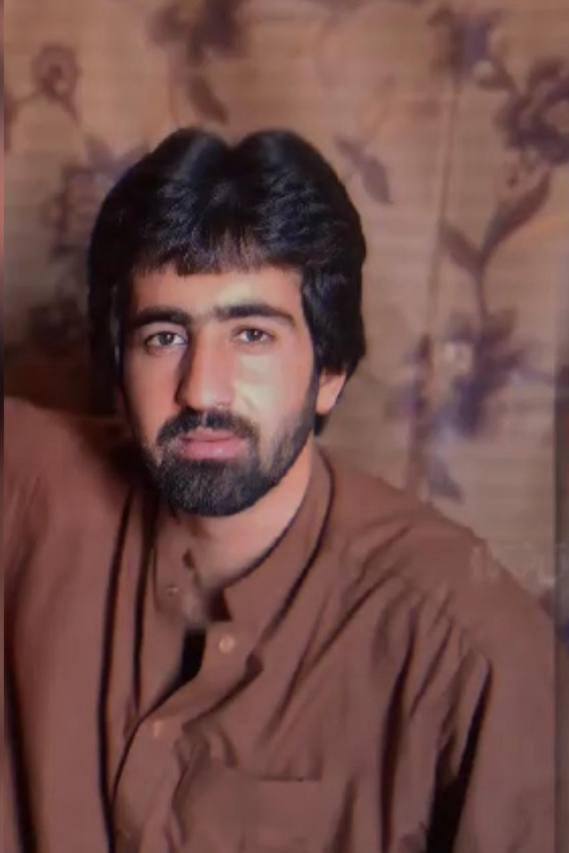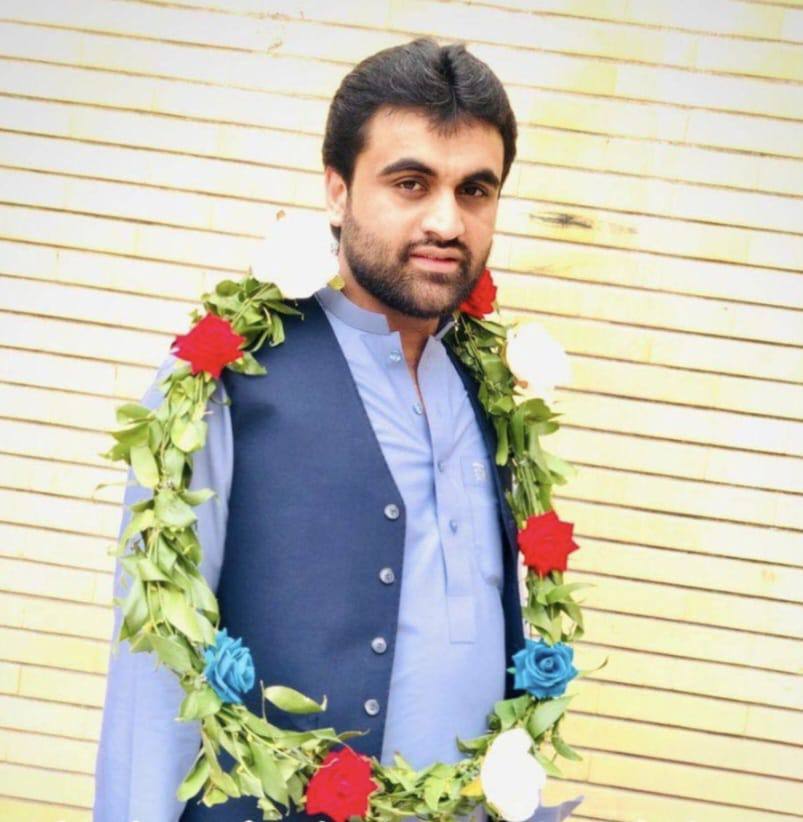According to the *Balochistan Human Rights Group*, two exiled Baloch prisoners, Ali Ahmad Berichi and Adel Gorgij, who were arrested during the nationwide protests in October 2022 in Zahedan, have been granted a 20-day temporary leave from Ardabil Prison after posting bail amounting to several billion tomans.
On Monday, April 7, 2025, Ali Ahmad Berichi, who is currently serving his sentence in exile at Ardabil Prison, was granted temporary leave. He was arrested on October 9, 2022, by Zahedan Intelligence agents, subjected to severe torture, and later sentenced in a closed and non-transparent court to 10 years of exile imprisonment in Ardabil and an additional 3 months of discretionary imprisonment. Berichi has been held in harsh physical and psychological conditions alongside two other prisoners connected to the Zahedan protests.

A day earlier, on Sunday, April 6, Adel Gorgij, another exiled Baloch prisoner, was also temporarily released and returned to his hometown in Zahedan. Gorgij, a 22-year-old resident of the Bozorgmehr area of Zahedan, was arrested on October 9, 2022, while driving from Khash to Zahedan. He was held in an Intelligence detention center, tortured severely—particularly on January 29, 2023—and later sentenced by the Revolutionary Court of Zahedan to 10 years of exile in Ardabil Prison and 3 months of discretionary imprisonment on charges of “waging war against the state” and “disturbing public order.”

During his imprisonment in Ardabil, Gorgij suffered from severe mental and physical health issues, including speech difficulties, heart conditions, and psychological trauma. His health deteriorated to the point that continued incarceration was deemed life-threatening. Prior to his exile, his condition at Zahedan Central Prison was also reported as critical, with accounts of repeated torture and solitary confinement.
Berichi, Gorgij, and another prisoner named Hossein Kashani Asl, all close friends of Khodanour Lajevai, were arrested in the aftermath of the October 2022 Zahedan protests. They were subjected to intense interrogations and torture and sentenced without fair trial standards. All three were exiled to Ardabil Prison, hundreds of kilometers away from their families.
The lack of adequate medical care, disregard for the health conditions of political prisoners, and the continued exile of Baloch detainees far from their hometowns, highlight the Iranian judiciary’s punitive and suppressive approach toward the Baloch community. This neglect not only causes lasting physical and psychological harm to the prisoners but also plunges their families into economic and emotional crises.

